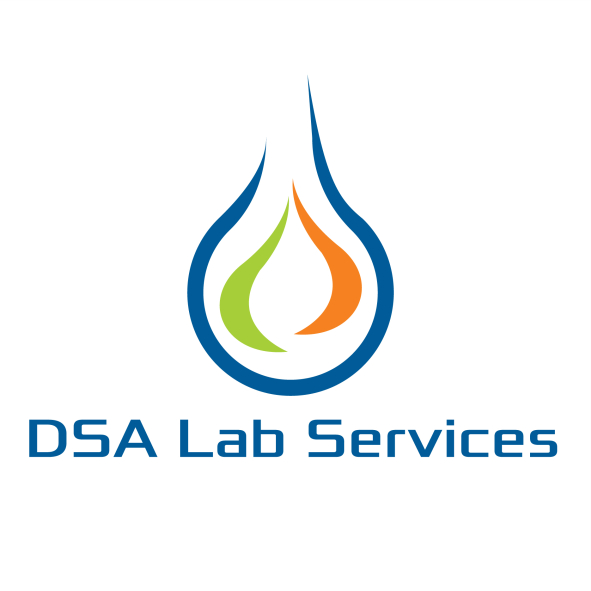By Susan Marais, Plaas Media
The promotion of quality milk and dairy products is extremely important, as inferior quality products can be catastrophic to the South African dairy industry and its consumers. This is the foundation on which the Dairy Standard Agency (DSA) has been built. To fortify its focus even more, the DSA’s independent laboratory, DSA Lab Services, was launched in 2019.
The entire dairy value chain plays an extremely important role when it comes to protecting the integrity of South Africa’s dairy industry. In this respect, the DSA is the industry’s watchdog and therefore focuses on:
- Monitoring milk and dairy products.
- Communicating with the industry and other stakeholders.
- Providing support services to the industry and stakeholders.
 CORRECT.jpg)
The necessity for standardisation
As part of their focus, one of the services offered is through DSA Lab Services. The laboratory provides strategic services to the dairy industry, retail and government structures. Jompie Burger, managing director of the DSA explains: “DSA Lab Services was created because South Africa does not have a standardised system at national level for the calibration of laboratory instruments in order to measure somatic cell counts and other quality parameters of milk. This has led to disputed laboratory test results in the past which has been to the detriment of the entire dairy industry.”
The laboratory’s standard operating procedures are in line with the International Organisation for Standardisation (ISO) and the South African Bureau of Standards’ specifications set out as a National Standard in ISO/SANS 17025.
The Dutch quality assurance company, Qlip, supplies calibration standards as their standards are considered to be the most suitable for South Africa and are well aligned with the Gold Standard of the International Dairy Federation (IDF). “It is important to comply with Qlip standards to ensure that a single system is used in the process of harmonising standards. This mitigates the risk of disputes and possible litigation.”
The all-rounder laboratory
Riana Erlank, the DSA’s laboratory manager, says that any milk and dairy products can be tested at this laboratory for compliance with legal and voluntary quality standards. “We test fresh milk throughout the year but focus different dairy products.”
This quarterly focus can be any of the following:
- Fermented products such as maas, sour cream and yoghurt.
- Butter and cream.
- All cheeses – hard, soft and everything in between.
- UHT and sterilised products.
One of the most important functions of the laboratory is the testing of product samples collected by environmental health officials at national level in collaboration with the DSA. These samples are submitted to the laboratory in accordance with a very strict protocol. Results are then sent to the respective authorities for remedial work, which includes law enforcement, as well as to processors, packers and/or sellers involved.
This system is aimed at swiftly rectifying potential non-compliance. In addition, the technical staff of the DSA becomes involved by providing support services to processors aimed at quality and food safety improvement through advisory and facility assessment programmes.
Services to producers
A few factors relating to the composition of milk can lead a producer to either laugh or cry all the way to the bank. The DSA realises this, which is why DSA Lab Services offers several customised service options for milk producers.
These include:
- Testing for somatic cell counts (bulk tank and individual cows).
- The identification and confirmation of certain pathogens.
- Fat, protein, lactose and urea measurement.
- Microbiological testing.
- Determining the antibiotic resistance of mastitis organisms.
- Aflatoxin M1 testing.
- Added water estimation (freeze point method).
A future-oriented approach
Burger says the laboratory will continuously expand its services so as to remain sustainable in the long term. Research will mostly be done and new analytical equipment and services established where it will advance and benefit the dairy industry. Where possible, the latest validated analytical methods and instruments are to be used to deliver accurate and more rapid test results so that all role-players’ products will meet the minimum legal requirements.
Special investigations by the laboratory are addressing areas within the dairy value chain that pose high risks for food safety and quality. The laboratory’s purpose is also to stimulate research and development as well as co-operation with the research and development projects of Milk SA and academic institutions.
The laboratory staff is currently working hard at obtaining South African National Accreditation System (SANAS) accreditation as well as recognition from the Department of Agriculture, Land Reform and Rural Development. This includes the implementation of milk-ring tests for milk producers. Burger says the laboratory’s goal is not to compete with other private entities commercially. “Our aim is primarily to fulfil our mandate in the interest of the industry and the consumer.”
For more information regarding DSA Lab Services,
visit www.dairystandard.co.za or call 012 664 4250.


 CORRECT.jpg)


